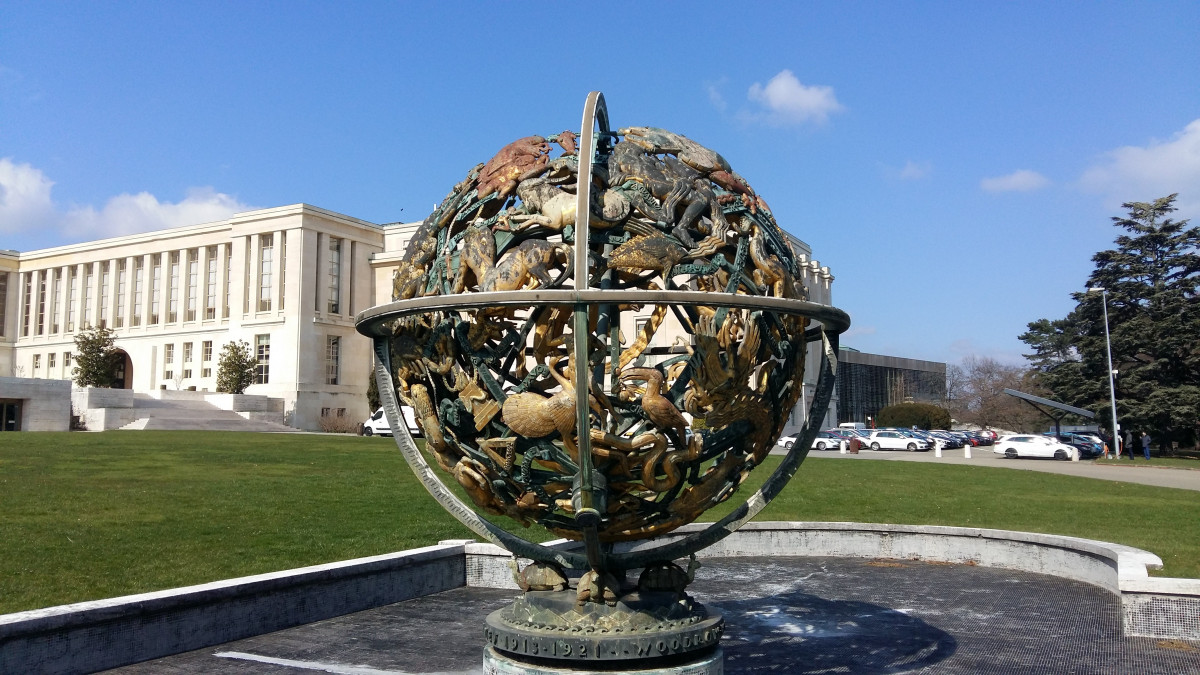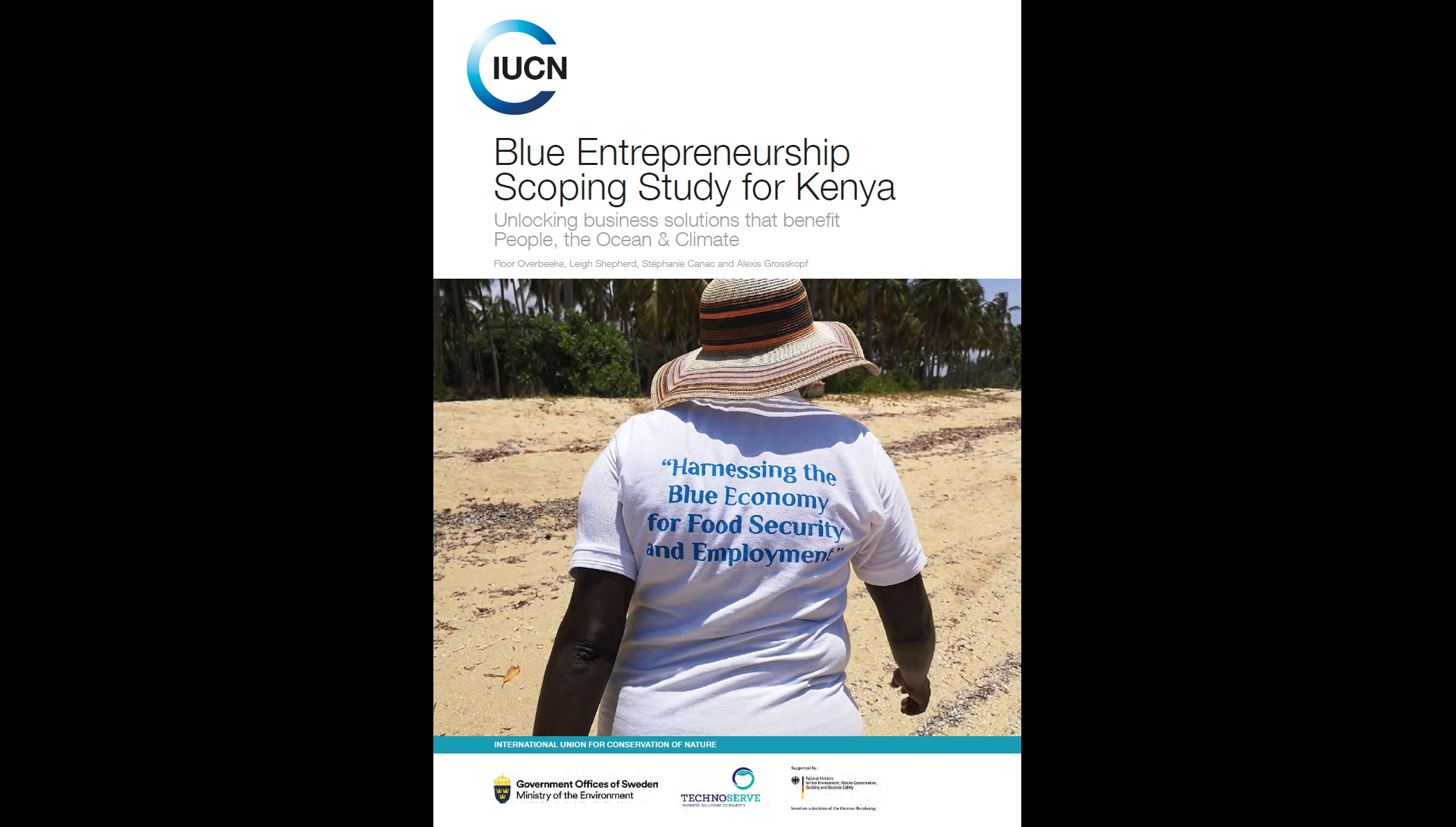A Martian at the United Nations or Naive Thoughts on Global Environmental Governance
WCEL Member Yann Aguila and Professor Marie-Cécile de Bellis recently co-wrote the article "A Martian at the United Nations or Naive Thoughts on Global Environmental Governance" published in the Revue de Droit européen. The following synopsis was prepared by Yann Aguila.

Photo: Pixabay
What if a Martian were to come to observe the Earth and its inhabitants? Facing the recent and rapid degradation of the Earth and the inadequate response of the elaboration of international norms, he undertook to meet the Secretary-General of the United Nations.
First, he observed the dual failure of global environmental governance. On the one hand, the tragic inability to adopt ambitious new standards: as soon as an ambitious project is proposed, it seems to run into an invisible wall. On the other hand, the difficulty in implementing existing norms: states seem to avoid any mechanism that could make international environmental law "sanctionable".
He then identified several roots of these difficulties. These revolved mainly around an overly absolute conception of state sovereignty. The basis of the binding nature of international law is their self-limitation. But this does not work, given the selfish nature of states, which can be illustrated by the "Buffet Syndrome". Self-limitation is nothing without solidarity.
Finally, the Martian imagined, with a certain naivety, a few possible solutions. Firstly, he pleaded for a return to values in the international landscape. “Perhaps we have forgotten that law is a vector of values” thought the SGNU. Indeed, answered the Martian “the principles are like stars: you can’t touch them, but they show the direction”.
He thus proposed a new concept: a "global public interest" that is superior and external to the interests of States. This concept allows for a more modest re-reading of the notion of sovereignty. But it is then necessary to designate the representatives of this global public interest and to give them new powers. The question is then how such changes could be accepted by the states.
“Your planet is beautiful. Seen from the sky, it has no borders” said our Martian, as to deliver a final message, fearing that, for its next time on Earth, he might have little to see.
The full article is available on the Grand Continent website here. The article is also available in French here.
About the Author
 Photo: Yann Aguila
Photo: Yann Aguila
He chairs the Environment Commission of the Think Tank « Le Club des juristes », at the origin of the Global Pact for the Environment initiative.
He is the author or co-editor of numerous books and articles, such as « A Global Pact for the Environment: Legal Foundations », « Droit public français et européen » or « Principios de Derecho Ambiental y Agenda 2030 »



